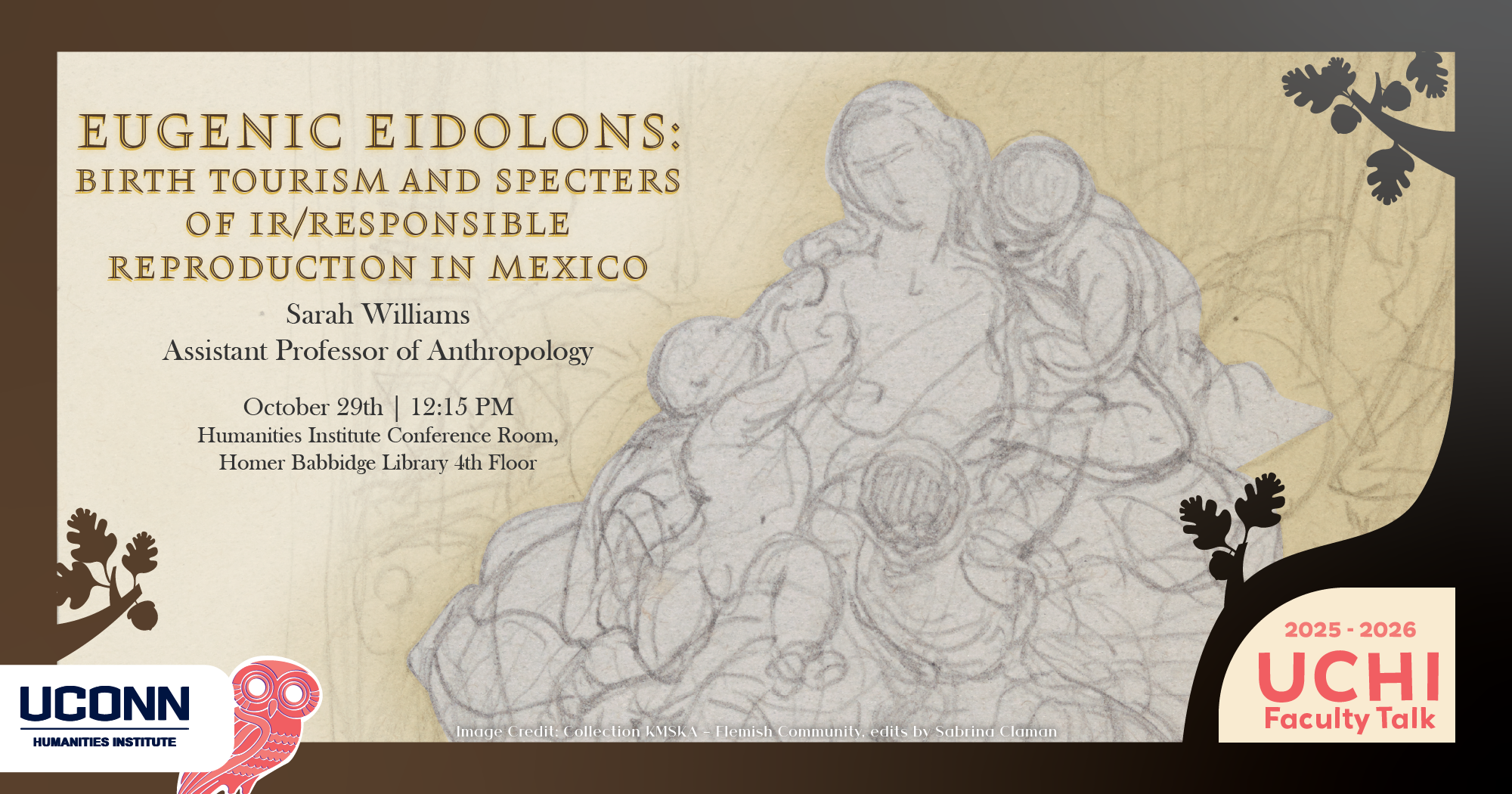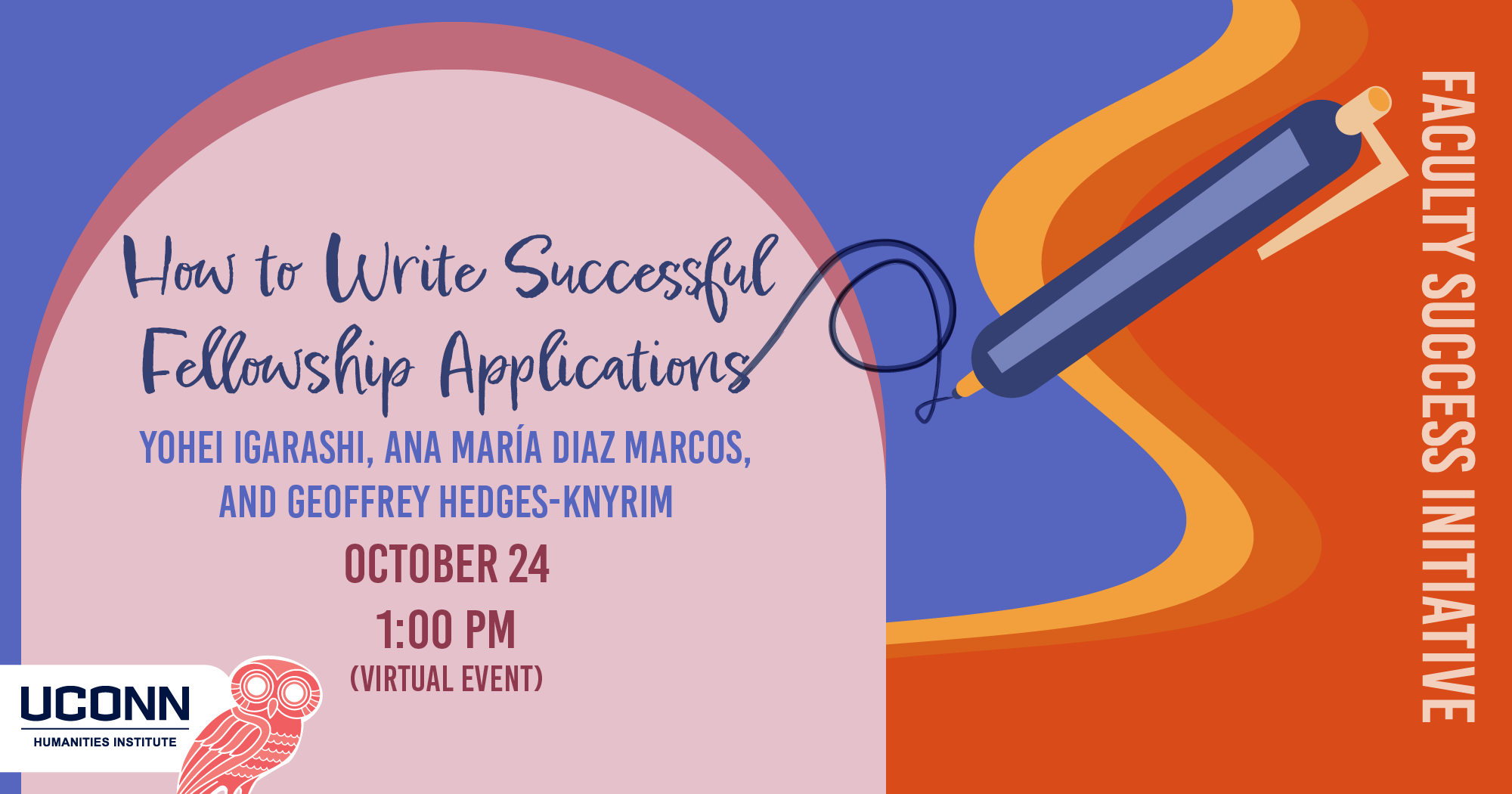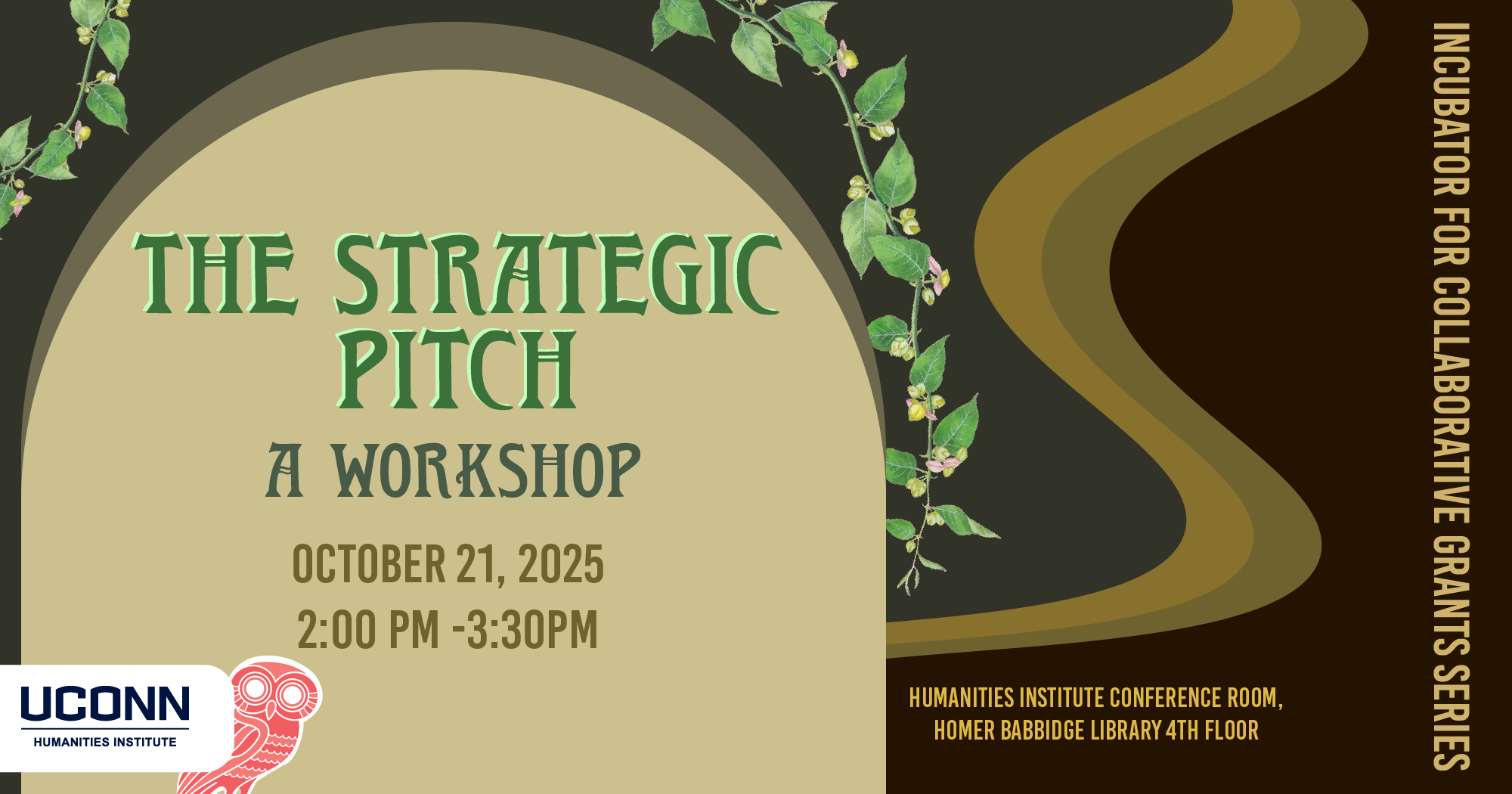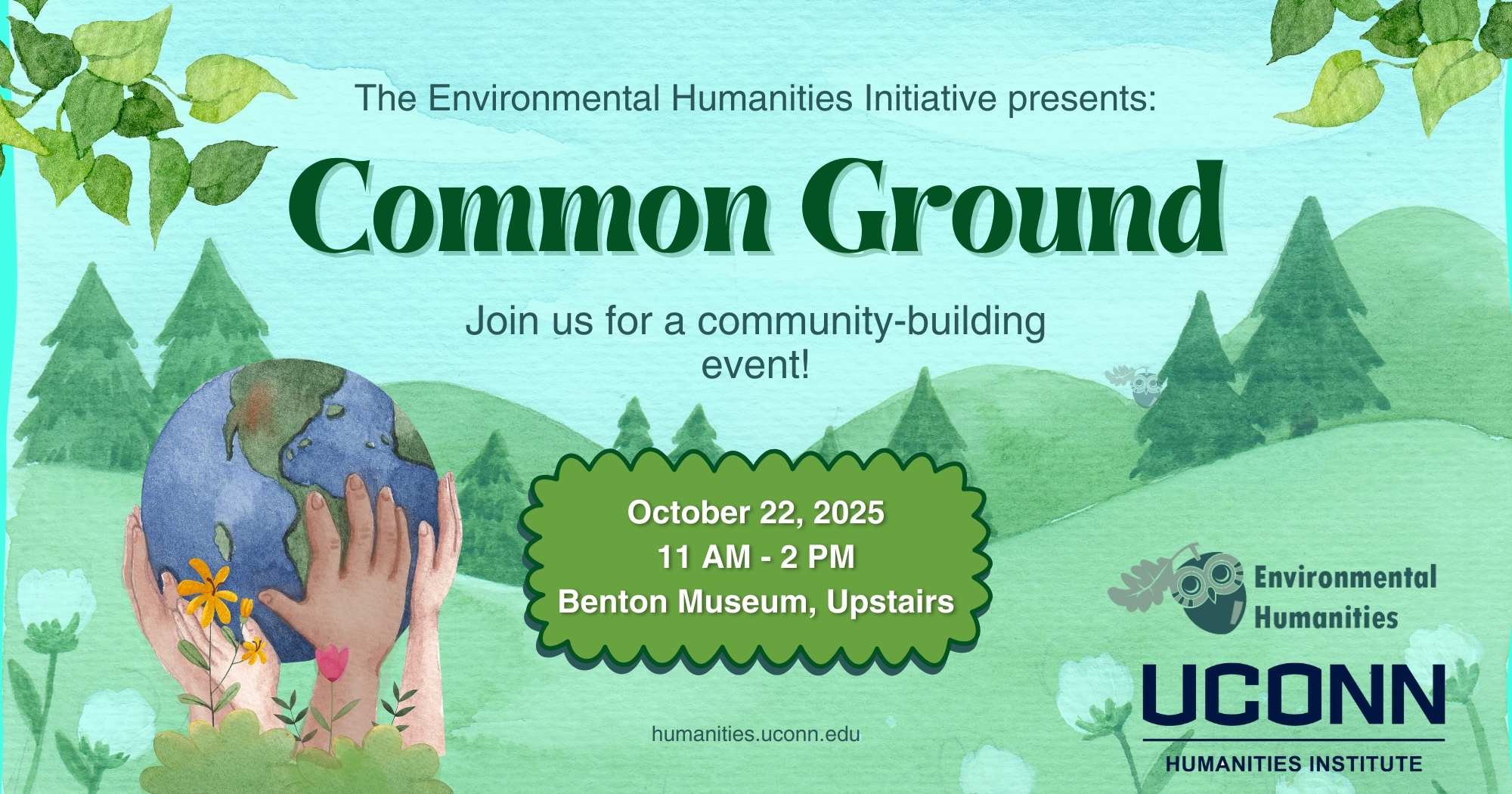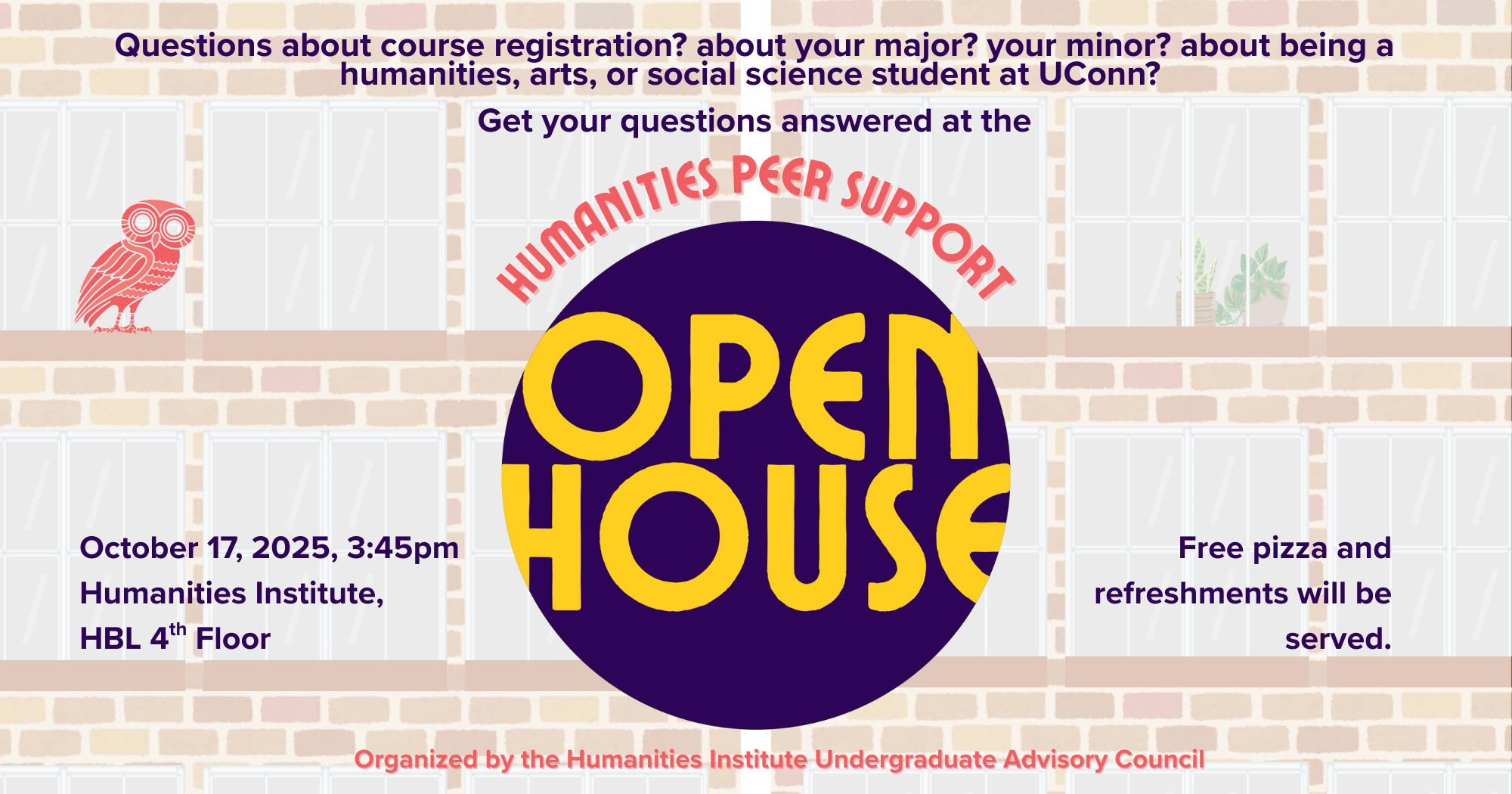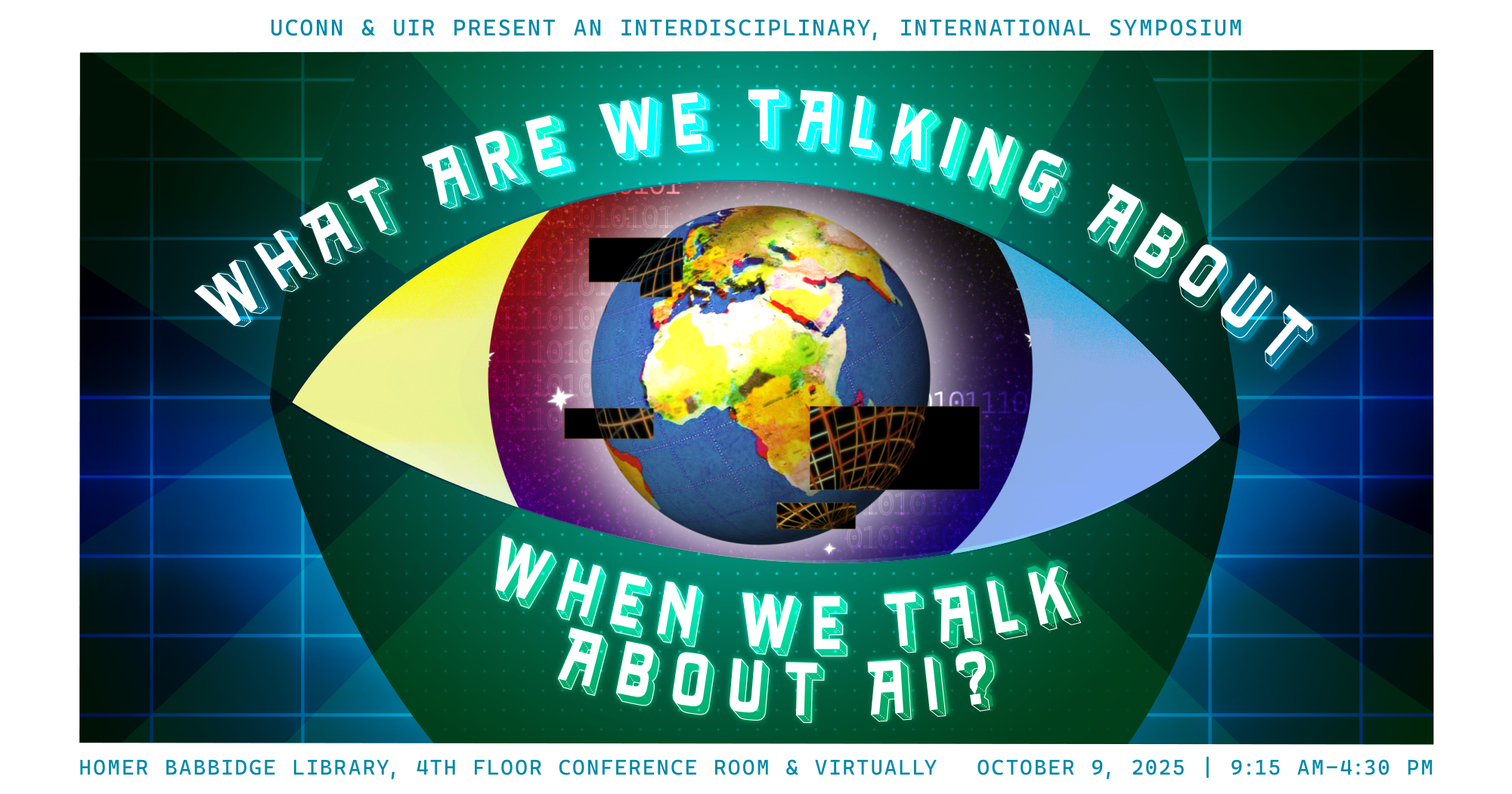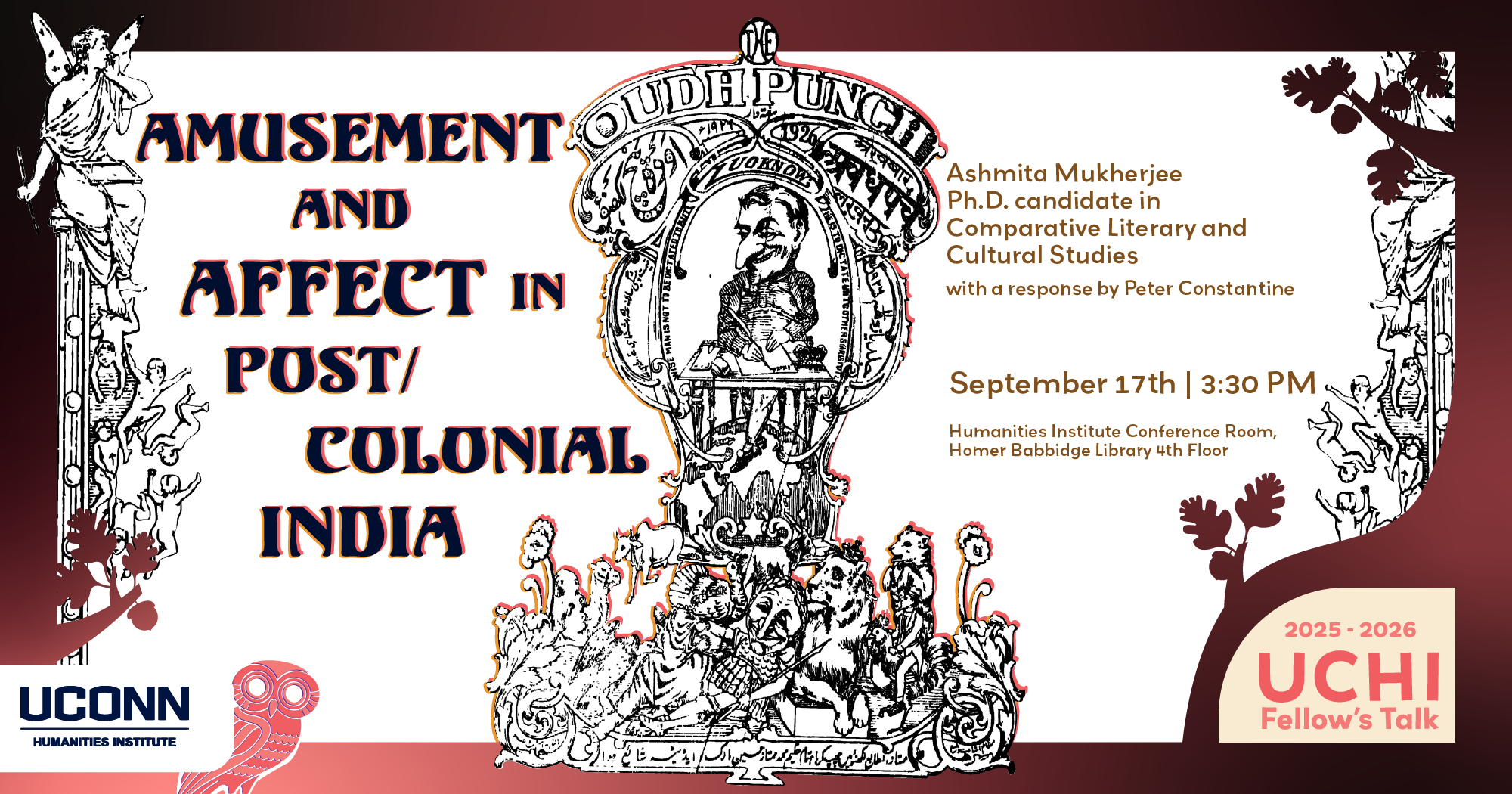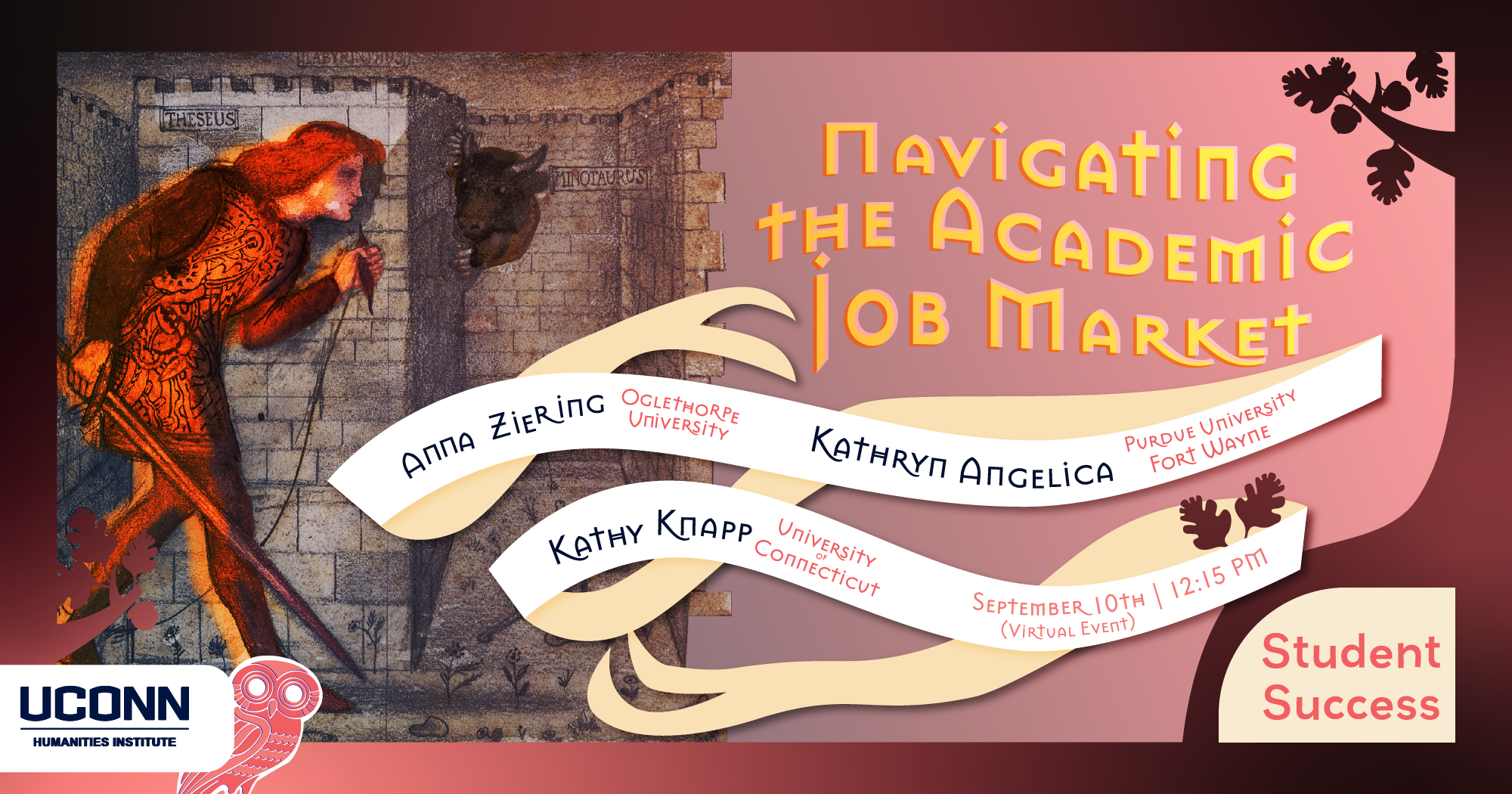Eugenic Eidolons: Birth Tourism and Specters of Ir/responsible Reproduction in Mexico
Sarah Williams (Assistant Professor, Anthropology, UConn)
Wednesday, October 29, 2025, 12:15pm, Humanities Institute Conference Room (HBL 4-209)
The event will also be livestreamed with automated captioning.
Projects of population-shaping rely on fabricated apparitions—eidolons, specters of the idealized responsible reproducer whose decisions serve the eugenic goals of their countries, and revenants of eugenics projects, irresponsible reproducers, who serve as a foil to eugenic goals in discourse and policy. In Yucatan, where eugenic logics permeate local reproductive landscapes, im/migration is high, and a birth tourism economy serving Global North citizens—eidolons—has flourished, exploring the tensions between the figures of eidolon and revenant offers a means of understanding the stickiness of labels of ir/responsible reproduction to race and class. As im/migrants enter a budding economy of guides, legal services, and healthcare that commoditizes their own reproduction as a tool for accessing citizenship and property in Mexico, they do so in a context where Mexican women must contend with the eugenic ghosts that haunt their kin-making decisions while enduring denigrating rhetoric that makes a revenant of their reproduction. Tracing these specters reveals how they are illustrative of the internal contradictions of reproductive racial capitalism: capital demands a regenerating underclass of cheap labor, while the racist logics that enable capitalism stifle the reproduction of that same underclass, resulting in a paradox: responsible reproduction is an always already unachievable goal, whose promotion perpetuates the racial projects that support capitalism.
Sarah A. Williams, PhD, is an applied medical anthropologist, birthworker, and scholar of global and Indigenous perinatal health. Her scholarship is primarily focused on midwifery and obstetrics and the relationship between racialization, medical racism, and perinatal healthcare in Mexico and Canada. Her book project, entitled “Always Already Vanishing: Midwifery’s Future(s), Indigeneity, and the Mexican State,” traces midwifery organizing, professionalization, and collaboration to protect traditional midwifery and counter obstetric violence and racism in Mexico. She is currently the Co-Investigator and Qualitative Research Lead on the QueerCOVID-Toronto project, which is examining the impact of the pandemic and public health policy on queer people’s mental and physical health.
Access note
If you require accommodations to attend this event, please contact us at uchi@uconn.edu or by phone (860) 486-9057. We can request ASL interpretation, computer-assisted real time transcription, and other accommodations offered by the Center for Students with Disabilities. Requests should be made at least five business days in advance whenever possible
